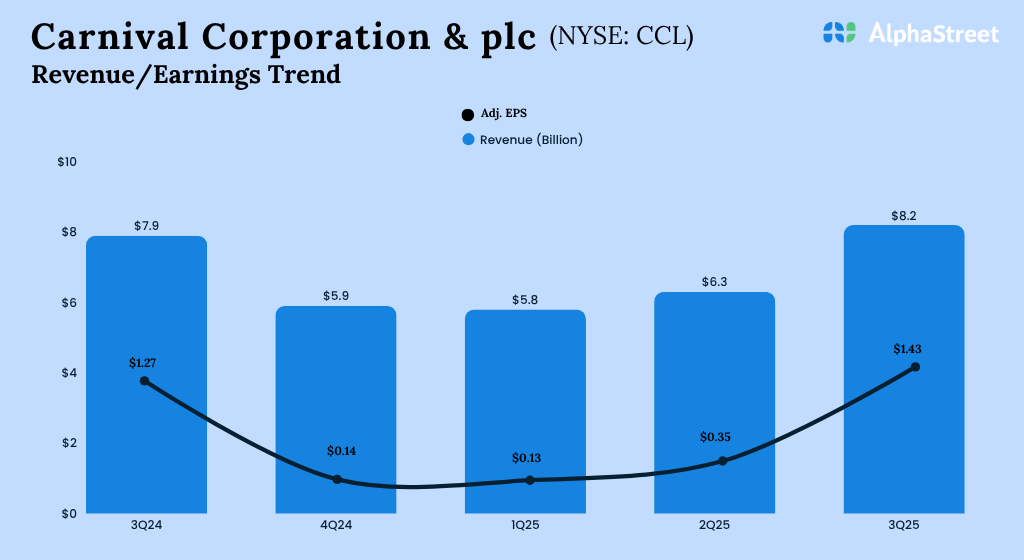A recent survey has caused quite a stir in France, highlighting a new reality facing a changing Europe: the brain drain and expatriation of its most productive individuals. “Brain drain is a phenomenon that Europe generally attributes to the African continent. Now, France is fully affected.”
According to this study, every year, nearly 15,000 young graduates from French engineering and management schools choose to start their careers abroad. The main reasons? Low salaries due to high taxes, but also a perception of decline. Indeed, 70 percent of talented individuals believe that France is in decline, while 81 percent and 74 percent are concerned about the political and economic situations respectively. Other figures illustrate this trend: there are more French founders of unicorns (companies valued at over $1 billion) in the United States (46) than in France (around 22 as of 2024).
This trend is not unique to France. It can also be seen in Germany, where some young talents are moving to destinations offering better prospects, such as Switzerland. In the United Kingdom, well-known entrepreneurs have left the country, such as Revolut CEO Nikolay Storonsky, who recently transferred his tax residence to the United Arab Emirates.
This phenomenon is nothing new to the Old Continent. Throughout history, many Europeans have chosen to leave their countries in search of a better life where they and their families would be treated better, and where their property rights, freedom, and personal safety would be more secure.
A Historical Parallel: The Revocation of the Edict of Nantes
To illustrate this point, consider the French example of the revocation of the Edict of Nantes and the subsequent exodus of French Protestants, known as the Huguenots. In October 1685, King Louis XIV decided on this measure and signed the Edict of Fontainebleau. This act ended the tolerance granted to Protestants since 1598 and formally prohibited the practice of the Reformed religion, as well as emigration, under penalty of sanctions. Unsurprisingly, the ban was not widely respected, and it is estimated that between 180,000 and 200,000 Protestants left France, accounting for around a quarter of the Protestant population at the time.
This emigration had immediate consequences. The Huguenots were often skilled craftsmen, entrepreneurs, prominent figures, financiers, and intellectuals. Their departure weakened the kingdom’s economy. However, as French economist Frédéric Bastiat taught, political actions have an “invisible part” whose long-term effects on society remain imperceptible and unpredictable.
What would France’s fate have been if the Huguenot exile had not occurred, and if these 200,000 individuals had remained? What alternative reality would we be experiencing today? These opportunities are lost forever, so it is impossible to know. This is the tragedy of political interventionism in the economy: it often leads us down a less favorable path than we could have otherwise taken.
This is Frédéric Bastiat’s eternal lesson, which we constantly revisit: what we see and what we don’t see. This distinction between good and bad economists also applies to politicians and legislators, as Henry Hazlitt noted several decades later.
“The bad economist pursues a small present good that will be followed by a great future evil, while the true economist pursues a great future good at the risk of a small present evil.”—Frédéric Bastiat
To illustrate this point, let us mention a few famous expatriate Huguenots in England. Pierre-Antoine Motteux (1660–1718)—a writer and publisher—fled to England, where he founded the Gentleman’s Journal in 1692. It was one of the first English periodicals and marked the beginning of the modern press. Denis Papin (1647–1712)—a French physicist and inventor renowned for his pioneering work on the steam engine—also went into exile in England. There, he collaborated with Robert Boyle, who is widely regarded as one of the founding fathers of modern experimental science. Papin undoubtedly contributed to the United Kingdom’s progress during the Industrial Revolution.
Approximately 20,000 Huguenots settled in Switzerland, mainly in the Geneva region. They brought a wealth of expertise and a culture of precision that influenced the style, technique, and success of the nascent Swiss watchmaking industry. They introduced new techniques, such as the établissage method, which was characterized by a division of labor between small, specialized workshops and constituted a minor technical and industrial revolution. Without the Huguenots, Switzerland probably would never have acquired its reputation for excellence in watchmaking during the 18th century.
However, these examples should not distract us from other cases of mass European emigration caused by state interventionism, such as the expulsion of Jews from Spain in 1492 and Portugal in 1497, German emigration following the revolutions of 1848, and Jewish emigration from Germany and Central Europe between 1933 and 1941 to Switzerland, England, and the United States. In the latter case, it is impossible not to think of Ludwig von Mises himself.
“An Immeasurable Loss”
The content of human action, i.e., the ends aimed at and the means chosen and applied for the attainment of these needs, is determined by the personal qualities of every acting man. Individual man is the product of a long line of zoological evolution which has shaped his physiological inheritance. He is born the offspring and the heir of his ancestors, and the precipitate and sediment of all that his forefathers experienced are his biological patrimony. When he is born, he does not enter the world in general as such, but a definite environment. The innate and inherited biological qualities and all that life has worked upon him make a man what he is at any instant of his pilgrimage. They are his fate and destiny.—Ludwig von Mises, Human Action, p. 46
As we have seen, the real tragedy of expatriation lies in its invisible, long-term consequences. When a country loses industrious individuals, it loses not only their current human capital but also their ability to create more.
A collective never succeeds on its own; its success is determined by its individuals. The sum of personal and family successes and failures determines whether the group succeeds. Thus, every individual who leaves Europe to be more productive elsewhere brings with them the promise of a better future for themselves and the new community to which they will contribute. Wealth and productivity are always individual realities.
Let us never forget that a collective never succeeds on its own; it is the individuals that make it up that determine its success. It is the sum of these personal and family successes and failures that validates the group’s success. Therefore, when individuals leave Europe to be more productive elsewhere, they take with them the promise of a better future for themselves and the new collective to which they will contribute.
This brings us back to the methodological individualism of the Austrian school: individuals are not constant and predictable; each individual is unique and is guided by their own goals and methods for achieving them. As French essayist Samuel Fitoussi notes, quoting the essay “The Son Also Rises” by British economist Gregory Clark, the composition of a population determines its economic future for centuries to come. Waves of immigration that integrate well benefit a country generation after generation, while those that struggle to integrate weigh heavily on it in the long term. For Clark, hereditary and individual variables play a fundamental role in the formation and transmission of intergenerational social and cultural capital—a subjective dynamic that egalitarian state intervention struggles to erase despite its efforts.
Human action will always find a way to escape any attempt at social engineering and will constantly prove that individuals will always act in their own interests, which are all too often contrary to those of the state. This is a reality that some people are only now discovering, but which the Austrian School understood long ago.























